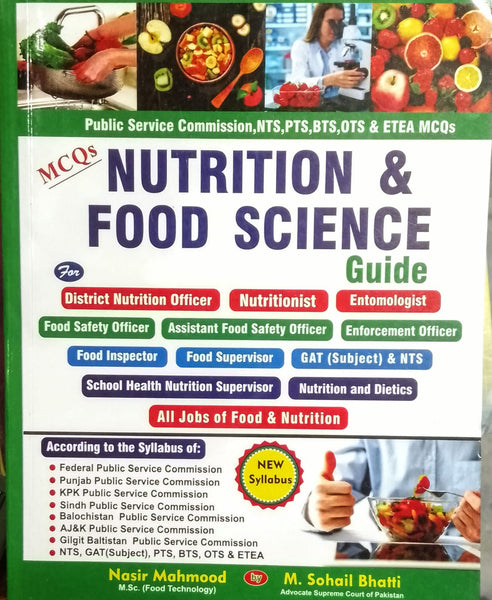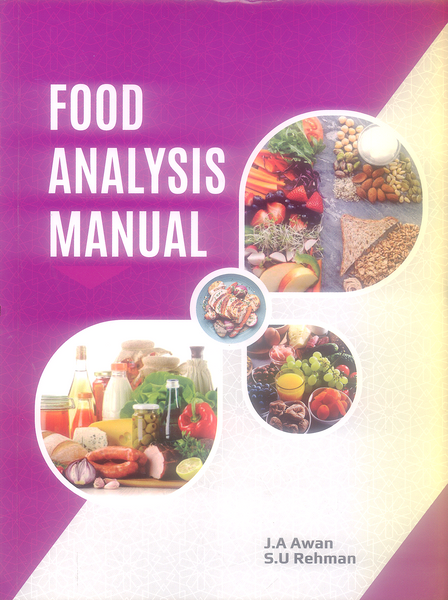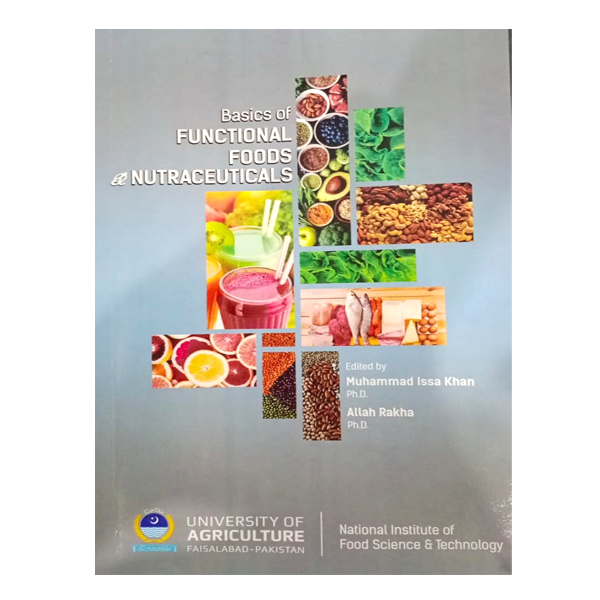Minerals In Food Nutrition Metabolism Bioactivity By Edward D Harris
- Publisher: FOOD SCIENCE & TECHNOLOGY
- Availability: In Stock
- SKU: 51956
- Number of Pages: 378
Rs.1,755.00
Rs.2,495.00
Tags: Absorption Mechanisms , affordable prices , Balanced Diet , best books , best books online , best online store , Best Price , best prices , Best Selling Books , best shop , Bioactivity , Bone Health , Book shopping , bookshop , bookshop Multan , bookshop near me , bookshop online , bookshop online Multan , bookshopPakistan , buy online books , Calcium , Cellular Functions , Chromium , Chronic Disease Prevention , Cognitive Development , Copper , Diet , Dietary Intake , Dietary Minerals , digital shopping , Edward D. Harris , Energy Production , Enzyme Cofactors , Fats , Fluoride , Food Sources , good books , good books online , good booksonline , Health Impact , Health Maintenance , Health Optimization , Health Risks , Immune Function , Internet Shop , Iodine , Iron , Largest Online Bookstore in Pakistan , latest books online , Magnesium , Manganese , Metabolic Processes , Metabolism , Micronutrients , Mineral Absorption , Mineral Deficiency , Minerals In Food Nutrition Metabolism Bioactivity , Nutrient Absorption , Nutrient Interaction , Nutrition , Nutritional Guidelines , Nutritional Health , Nutritional Needs , Zinc
Minerals in Food Nutrition Metabolism Bioactivity by Edward D. Harris explores the essential role of minerals in human nutrition, focusing on their impact on metabolic processes and bioactivity within the body. The book delves into the diverse functions of minerals, highlighting their significance in maintaining health, preventing diseases, and supporting various physiological functions. Harris presents a comprehensive analysis of how minerals interact with other nutrients, their absorption mechanisms, and their role in enzymatic activities, energy production, and cellular functions. The text also covers the consequences of mineral deficiencies and toxicities, emphasizing the need for a balanced intake through diet and supplementation.
Key Points
-
Role of Minerals in Metabolism
Minerals play a critical role in metabolic processes, acting as cofactors for enzymes and supporting biochemical reactions necessary for energy production, growth, and cellular repair. -
Bioactivity of Minerals
The bioactivity of minerals refers to their ability to influence physiological functions, including nerve transmission, muscle contraction, and hormone production, which are essential for maintaining homeostasis. -
Mineral Absorption Mechanisms
Understanding how minerals are absorbed in the body is crucial, as various factors such as pH levels, presence of other nutrients, and individual health status can influence the efficiency of mineral uptake. -
Interaction with Other Nutrients
Minerals interact with vitamins, proteins, and fats in the body, forming complexes that enhance or inhibit their functions, affecting overall nutritional status and health. -
Mineral Deficiencies and Their Consequences
Deficiencies in essential minerals can lead to a range of health issues, including weakened immune function, bone disorders, and impaired cognitive development, highlighting the importance of adequate intake. -
Toxicity of Minerals
While minerals are vital for health, excessive intake can result in toxicity, causing adverse effects such as organ damage, neurological disorders, and disruptions in metabolic functions. -
Sources of Dietary Minerals
The book discusses various dietary sources of minerals, including fruits, vegetables, nuts, seeds, and animal products, and emphasizes the importance of a diverse diet to meet mineral needs. -
Supplementation and Mineral Balance
Harris explores the role of supplementation in maintaining mineral balance, particularly in populations at risk of deficiencies, while cautioning against the risks of over-supplementation. -
Minerals and Chronic Disease Prevention
Adequate intake of specific minerals, such as calcium, magnesium, and zinc, is linked to the prevention of chronic diseases like osteoporosis, cardiovascular diseases, and type 2 diabetes. -
Emerging Research on Minerals
The book highlights recent research findings on the role of trace minerals in health, exploring their potential in preventing and managing diseases and their implications for future nutritional guidelines.
In conclusion, Minerals in Food Nutrition Metabolism Bioactivity provides an in-depth understanding of the critical roles minerals play in human health. Harris emphasizes the importance of maintaining a balanced intake of minerals through diet and supplementation to support metabolic processes, prevent deficiencies, and reduce the risk of chronic diseases. The book serves as a valuable resource for healthcare professionals, nutritionists, and anyone interested in optimizing their nutritional health through the effective management of mineral intake.
════ ⋆★⋆ ════
Writer ✤ Edward D Harris

























